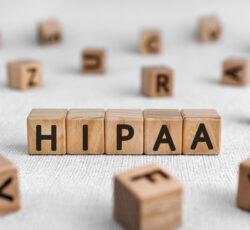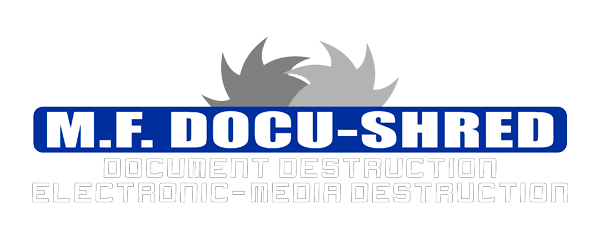 Is Paper Shredding Required for HIPAA Compliance?
Is Paper Shredding Required for HIPAA Compliance?
In today’s digital age, it’s no surprise that issues surrounding data privacy and security have become a major concern. The healthcare industry, in particular, faces strict regulations to protect sensitive patient information. The Health Insurance Portability and Accountability Act (HIPAA) was enacted to establish standards for the storage and transmission of personal health information (PHI). One aspect of HIPAA compliance that often raises questions is the requirement for paper shredding. Does HIPAA mandate the use of paper shredding to protect PHI? Let’s explore this topic further.
Understanding HIPAA Compliance
To begin, it’s crucial to have a solid understanding of HIPAA compliance. The HIPAA Privacy Rule outlines the regulations that healthcare providers, health plans, and business associates must adhere to in order to protect patient privacy. This rule sets the standards for the use and disclosure of PHI and applies to both electronic and paper records.
The Privacy Rule requires entities covered by HIPAA to implement administrative, physical, and technical safeguards to ensure the confidentiality, integrity, and availability of PHI. These safeguards aim to protect against any reasonably anticipated threats or hazards to the security of PHI. While the Security Rule specifically addresses electronic PHI, the Privacy Rule applies to all PHI, regardless of the medium in which it is stored.
The Role of Paper Shredding
Given that the Privacy Rule applies to both electronic and paper records, the question arises: Is paper shredding required for HIPAA compliance? The answer is not a simple yes or no. HIPAA does not explicitly state that paper shredding is a requirement, but it does require covered entities to implement appropriate safeguards to protect against the unauthorized use or disclosure of PHI. Paper shredding, along with other secure destruction methods, is considered one such safeguard.
Protecting PHI in Paper Records
Paper records containing PHI are vulnerable to theft or unauthorized access if not properly protected. HIPAA expects covered entities to implement reasonable safeguards to protect this information. While there are no specific guidelines on how to secure paper records, the Office for Civil Rights (OCR), the agency responsible for enforcing HIPAA, has provided guidance that suggests the use of shredding as a secure destruction method.
In a frequently asked questions (FAQ) document, the OCR states that “shredding is an appropriate method of disposal” for paper records containing PHI. While the FAQ is not legally binding, it does provide valuable insight into best practices for HIPAA compliance. It’s worth noting that the OCR has also mentioned other secure disposal methods, such as burning, pulverizing, or pulping, which offer the same level of protection as shredding.
Risk Assessment and Reasonable Safeguards
Ultimately, the decision to use paper shredding as a method of secure destruction depends on a covered entity’s risk assessment. HIPAA requires covered entities to conduct a thorough risk assessment to identify potential vulnerabilities and implement appropriate safeguards accordingly. If the risk assessment determines that paper records pose a significant threat to the security of PHI, paper shredding becomes a reasonable safeguard to mitigate that risk.
For example, a healthcare provider that primarily handles electronic records may have implemented robust digital security measures to protect PHI. However, if there are occasional instances where paper records are printed and used, the risk assessment might identify the need for secure disposal methods like shredding.
Conclusion
While HIPAA does not explicitly require paper shredding, it does mandate the implementation of reasonable safeguards to protect PHI. Paper shredding is considered a best practice for secure destruction, as suggested by guidance from the OCR. Ultimately, covered entities must conduct a thorough risk assessment to determine the appropriate safeguards for protecting paper records. By implementing reasonable measures, including paper shredding, healthcare organizations can ensure compliance with HIPAA and protect the privacy of patient information.
Got questions? Let us help with our sensitive data consultation service! Contact us today to learn more about what we can do for you!

